Désirée (1954) Online
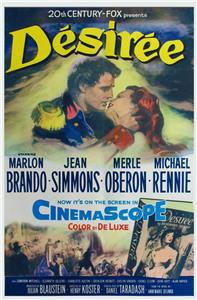
In Marseilles, France in 1794, Desiree Clary, a young millinery clerk, becomes infatuated with Napoleon Bonaparte, but winds up wedding Genaral Jean-Baptiste Berandotte, an aid to Napoleon who later joins the forces that bring about the Emperor's downfall. Josephine Beauharnais, a worldly courtesan marries Napoleon and becomes Empress of France, but is then cast aside by her spouse when she proves unable to produce an heir to the throne.
| Credited cast: | |||
| Marlon Brando | - | Napoleon Bonaparte | |
| Jean Simmons | - | Désirée Clary | |
| Merle Oberon | - | Empress Josephine | |
| Michael Rennie | - | Jean-Baptiste Bernadotte | |
| Cameron Mitchell | - | Joseph Bonaparte | |
| Elizabeth Sellars | - | Julie - Désirée's Sister | |
| Charlotte Austin | - | Paulette Bonaparte | |
| Cathleen Nesbitt | - | Mme. Bonaparte | |
| Evelyn Varden | - | Marie | |
| Isobel Elsom | - | Mme. Clary - Désirée's Mother | |
| John Hoyt | - | Talleyrand | |
| Alan Napier | - | Despreaux | |
| Rest of cast listed alphabetically: | |||
| Mary Stewart | - | Minor Role |
Although Marlon Brando didn't take his role seriously--despite every effort by director Henry Koster--"Desiree" outgrossed his other 1954 film, Na nabrzezach (1954).
Director Henry Koster was an amateur Napoleon scholar, something that Darryl F. Zanuck did not know when he assigned him to the picture.
Montgomery Clift turned down the part of Napoleon.
Marlon Brando decided on doing this movie after having walked away from the lead role in "The Egyptian."
Marlon Brando's nose is faked (make-up).
Louis Jourdan was approached to play the French emperor.
Average Shot Length (ASL) = 15 seconds.
Early in 1953, it was rumored that Audrey Hepburn would star opposite Marlon Brando as Desiree Clary in this film.
According to writer Daniel Taradash, Noël Coward was originally slated to direct. Marlon Brando wasn't happy with his replacement, the far more pedestrian Henry Koster.
Merle Oberon accidentally spent too much time under a sunlamp and developed a burn on one side of her face. As a result some of her scenes had to be filmed only from one side until the other side had time to heal.
20th Century-Fox was keen for Anatole Litvak to direct.
Film debut of Richard Deacon.

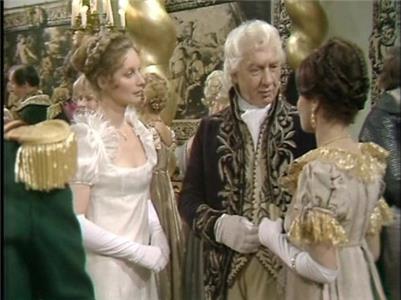
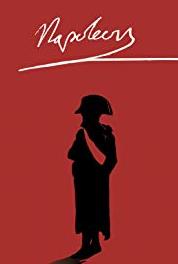

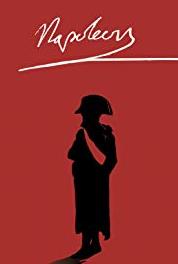
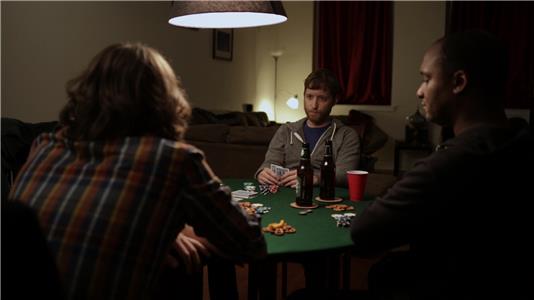
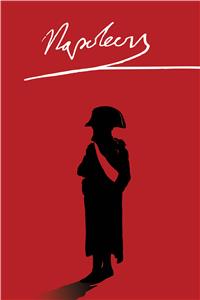
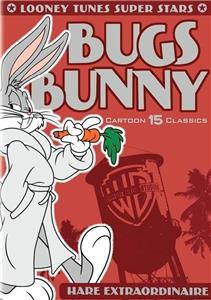
User reviews